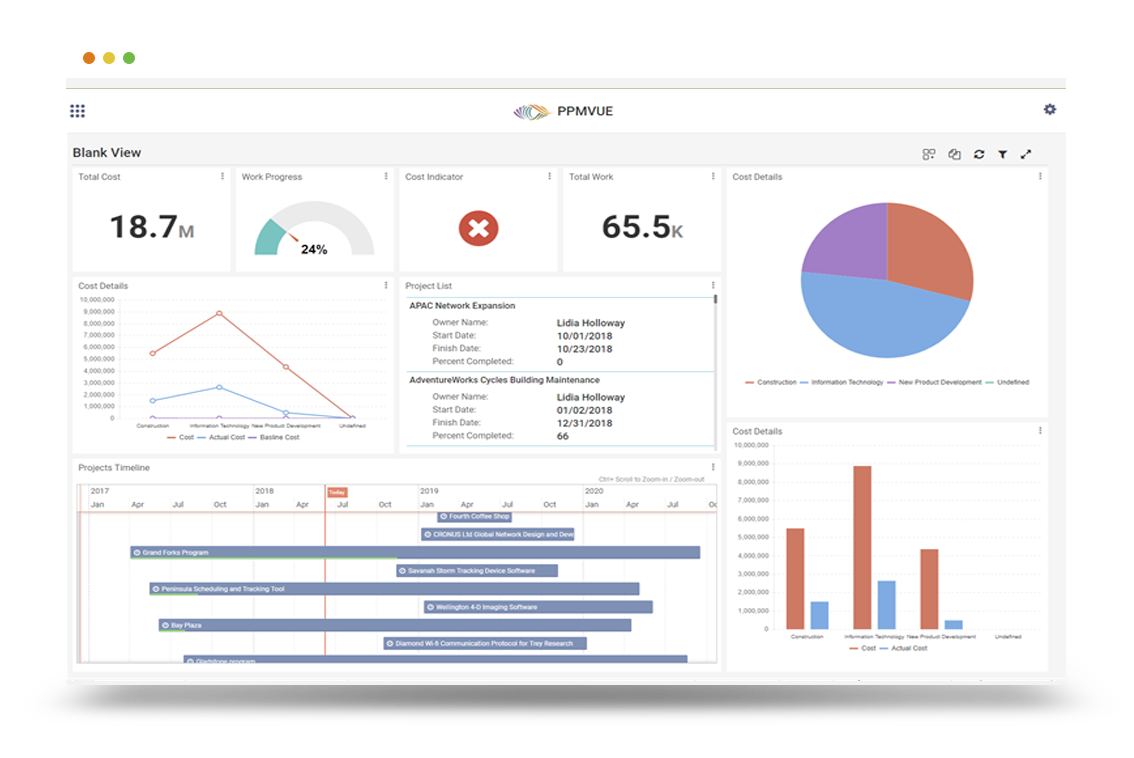
At EPMA, we are experts in designing, improving, and implementing project excellence. Project management was undervalued for many years. The fact is that companies who focus and design an eco-system to support their growth are 73% more productive than their counterparts who do not.
There are many different types of Project Management Office (PMO), as one size does not fit all. Understanding which PMO is right for you will make your revenue and profit gains significantly heightened. Each of the various flavors of PMOs serve a different purpose within an organization. Let’s explore some of them now:
Departmental PMO:
- Supports specific business units or divisions.
- Focuses on project management within a particular department.
- Ensures alignment with departmental goals and strategies.
Project-Specific PMO:
- Oversees the success of a particular project.
- Provides project management support, guidance, and resources.
- Tailors its approach to meet the unique needs of the project.
Strategic PMO:
- Manages major organizational changes.
- Aligns project activities with the overall strategic direction of the organization.
- Ensures that projects contribute to long-term goals.
Project Support PMO:
- Handles administrative tasks to expedite project completion.
- Provides processes, tools, and resources to support project managers.
- Focuses on efficiency and streamlining project management activities.
Enterprise PMO (EPMO):
- Aligns project and program work with the organization’s strategy.
- Oversees multiple projects and programs across the entire enterprise.
- Ensures consistency, standardization, and best practices in project management.
Remember that the specific types of PMOs can vary based on different frameworks and sources. Whether you’re looking for centralized control, decentralized flexibility, or specialized support, choosing the right PMO type depends on your organization’s needs and goals. A Project Management Office (PMO) will play a crucial role in your organization by standardizing project procedures, enhancing coordination, and improving project delivery. Now that we have an idea of the types out there, let’s dive into the many benefits of a PMO.
Transparency and Strategic Alignment:
- A PMO provides a big picture understanding of all projects within an organization. It ensures transparency by centralizing project information and aligns project activities with the overall strategic goals.
- By prioritizing projects based on strategic objectives, a PMO ensures that resources are allocated effectively.
Resource Optimization and Portfolio Management:
- PMOs optimize resource allocation across projects. They help balance workloads, prevent resource bottlenecks, and ensure efficient utilization of personnel and assets.
- Managing project portfolios becomes more effective with a PMO. It helps organizations select the right mix of projects and allocate resources appropriately.
Risk Management and Decision-Making:
- A PMO eases risk management activities by identifying, assessing, and mitigating risks across projects. It establishes consistent risk management practices.
- Enhanced decision-making results from reliable project data and insights provided by the PMO. Leaders can make informed choices based on accurate information.
Knowledge Sharing and Learning:
- PMOs facilitate knowledge sharing among project teams. Lessons learned from previous projects are documented and disseminated.
- By promoting best practices and providing training, PMOs contribute to continuous improvement and skill development.
Governance and Compliance:
- Implementing governance initiatives becomes easier with a PMO. It ensures adherence to organizational standards, policies, and guidelines.
- PMOs maintain project documentation, track progress, and report to stakeholders, ensuring compliance with regulations and internal requirements.
Enhanced Communication and Visibility:
- PMOs act as communication conduits between project teams, upper management, and stakeholders. They provide regular updates and status reports.
- Greater visibility into project performance allows leaders to intervene when necessary and make informed decisions.
Career Development Opportunities:
- PMOs offer career growth for project professionals. Exposure to diverse projects, training, and mentorship enhance skills and expertise.
- Working within a PMO provides valuable experience and opens doors to leadership roles.
In summary, a well-structured PMO contributes to organizational success by streamlining processes, improving collaboration, and ensuring effective project management. Whether supportive, controlling, or directive, a PMO adds significant value to project-based organizations. At EPMA, we work on projects that have totaled over $114B over the last 16 years. Our deep knowledge, understanding and guidance has unlocked growth for hundreds of organizations. If you are in the process of improvement, transformation or optimization and want to take your project environment to the next level and build the future together, please get in touch. Adding value and unleashing potential is what we do.

